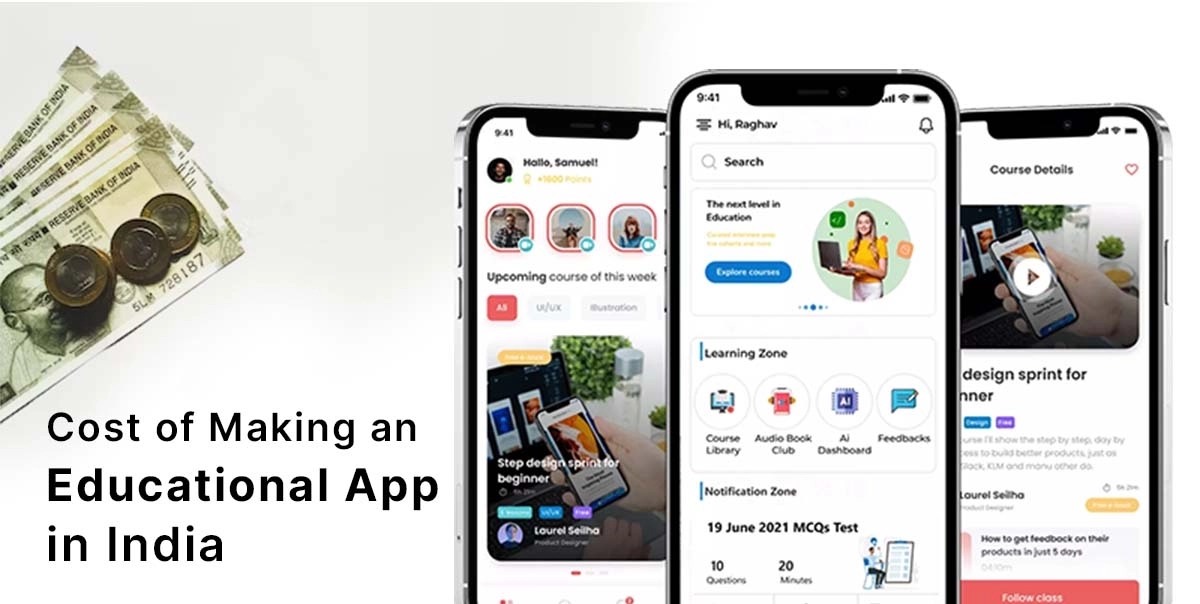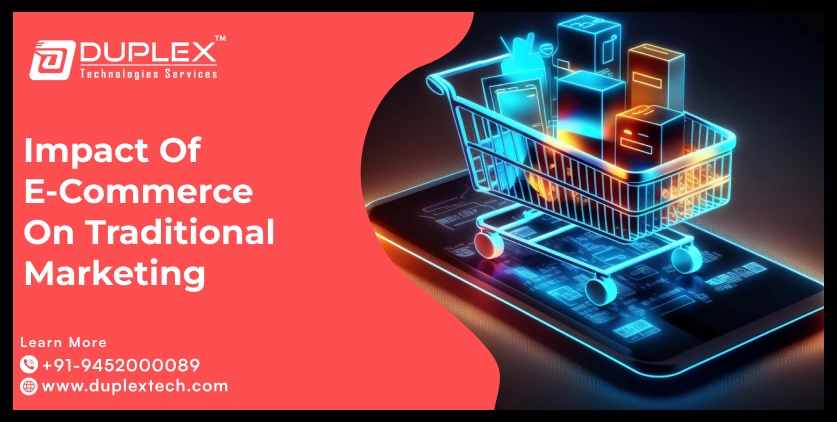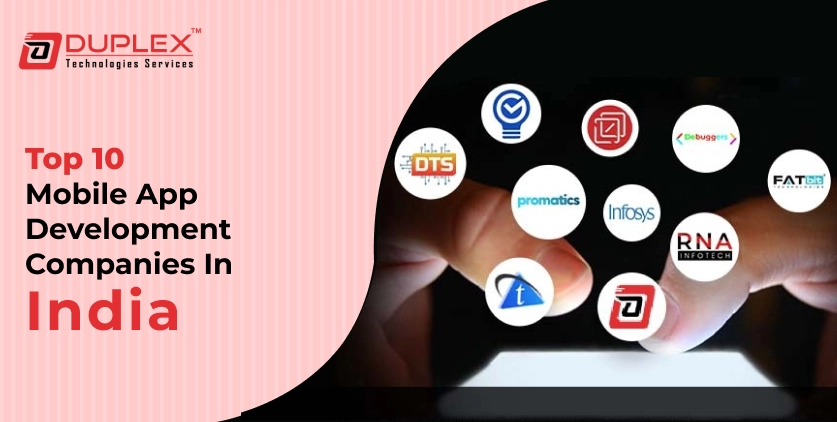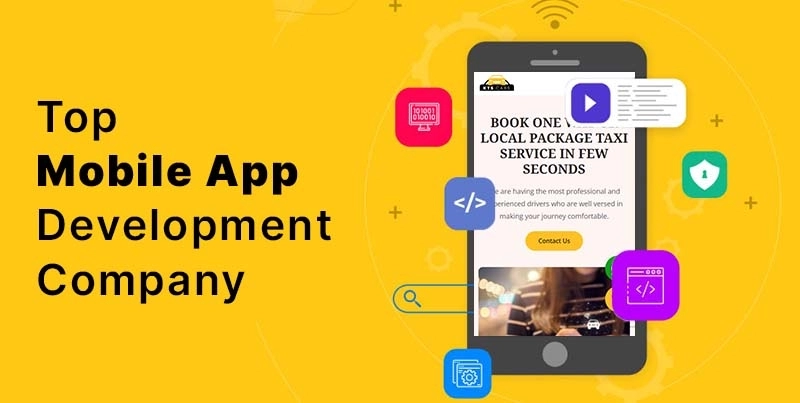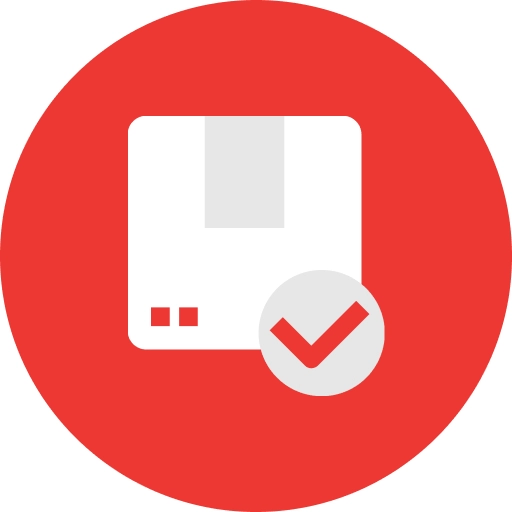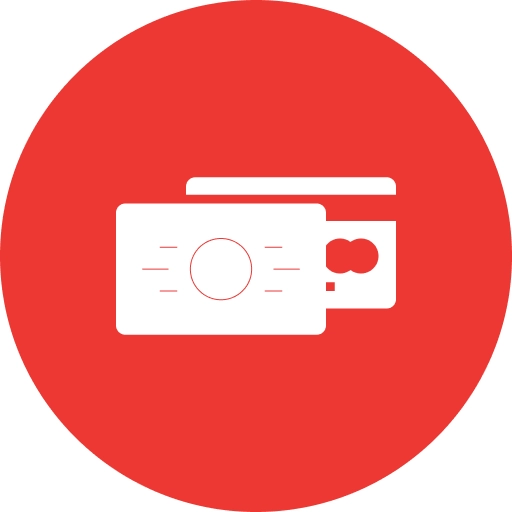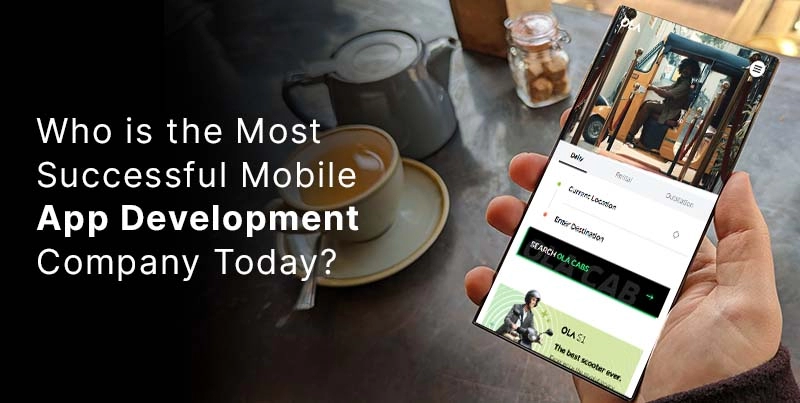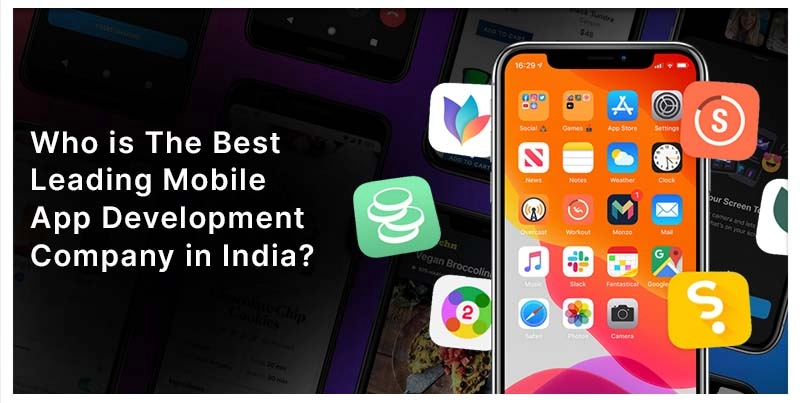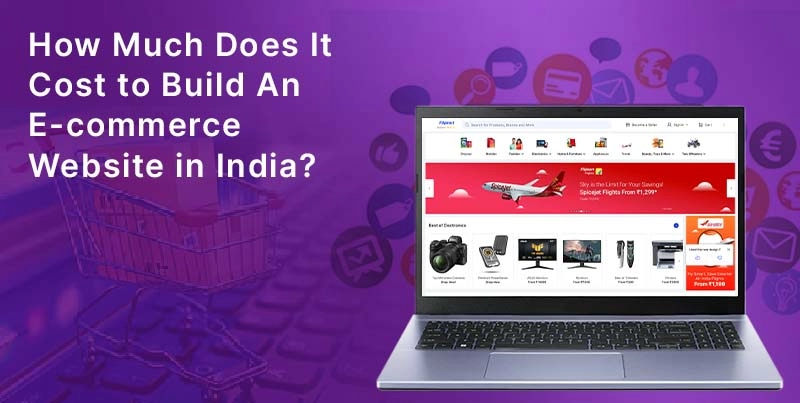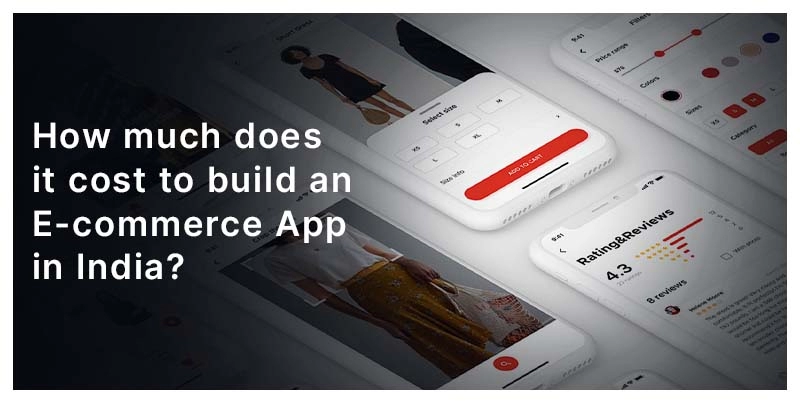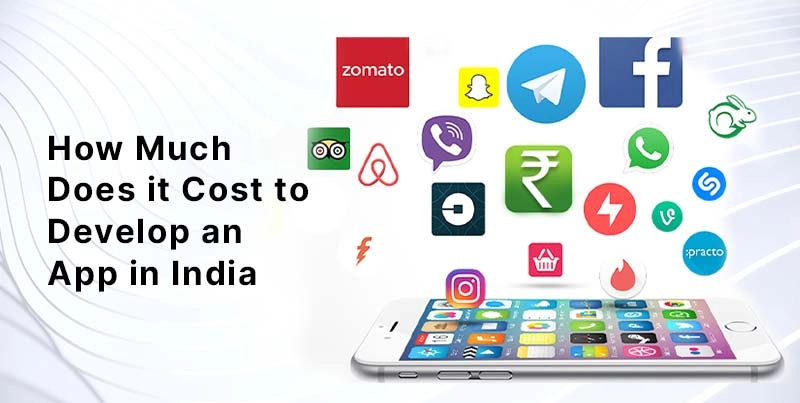Build versus Buy – Is Building a Custom Payment Gateway Ideal for You?
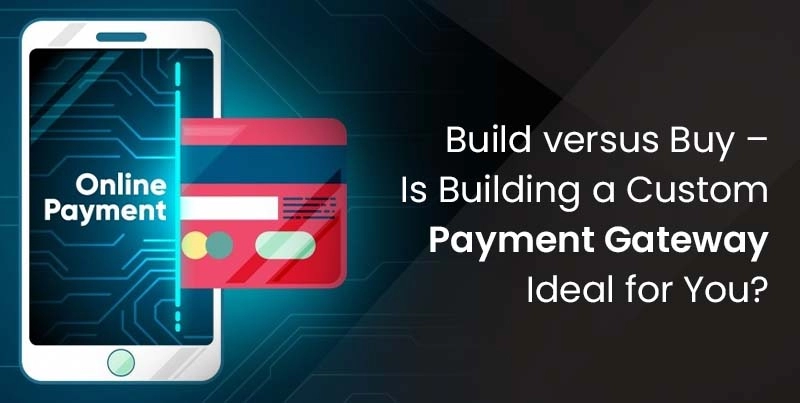
Posted By : Mohd Rahil, Posted Date : Nov 01, 2023
Buying vs. Building A Custom Payment Gateway: An Overview
Whether to build or buy a custom payment gateway is a question that all merchants have in mind. Building a custom payment gateway can incur a high cost if you start building it from scratch. However, buying a custom payment gateway is a cost-effective solution for you.
Going for a custom payment gateway can help you get a solution that suits your needs and preferences. Moreover, it is worth investing in, as it is beneficial in the long run and is less expensive than building one.
Table of Contents
The Pros and Cons of Creating Your Payment Gateway: A Brief Analysis
Pros:
- Custom Features: Opting for building your payment gateway enables you to incorporate solutions that go perfectly with your business requirements. You can create a unique user experience, ensuring a seamless and brand-consistent transaction process.
- Control: A custom payment gateway enables you to have complete control over every aspect of its functioning from security protocols to user interface design. This control can be invaluable in ensuring data security and compliance with industry standards and also incurs lesser costs as compared to the high fee you would be paying to a third party.
- Cost Efficiency: Over time, you will realise that owning your payment gateway can be more cost-effective than paying recurring fees to third-party providers and at times not even getting your needs fulfilled. It eliminates the need for revenue-sharing or any potential transaction-based fees.
Cons:
- Complex Task: Building a payment gateway is a highly complex and resource-intensive en. It demands a proficient development team along with robust infrastructure and ongoing maintenance.
- Time-Consuming Certifications and Compliances: Developing a custom payment gateway takes a considerable amount of time as involves extensive testing and refinement. Staying compliant with constantly evolving payment regulations is another challenge and requires you to continuously implement updates and adjustments.
- Security Risks and Raw Payment Settlement Reports: In creating a payment gateway you are solely responsible for its security. Any kind of potential vulnerabilities can lead to data breaches and pose financial losses to you. Also, you get raw file formats for settlement reports that you have to handle ultimately.
Essential Components of Payment Gateway Portals
It is crucial to comprehensively understand the components of building a successful custom payment gateway to safeguard yourself against any potential payment issues.
- Incorporation of Multiple Processors: This enables your customers to choose from a range of options. It also enables you to maintain competitive fees as different processors offer varying transition fees depending on the merchant's transaction volume.
- Security Measures with PCI Compliance: While encryption and tokenization are essential, fraud prevention tools should be incorporated to safeguard sensitive customer data and avoid any chargebacks.
- User Interface: An intuitive and responsive UI/UX design ensures a smooth payment experience for customers.
- Integration Capabilities to Adopt New Features: Your payment gateway should always facilitate new features with the upcoming trends. It should enable easy updation and customisation to incorporate new technology, for instance, Bitcoin and other contactless transaction options.
- Reporting and Analytics: Your payment gateway must provide merchants with well-organised transaction data and insights for their business decisions. It facilitates convenience for merchants and prevents extra labour in handling payment settlement records.
Some Common Disadvantages Associated with Payment Gateway Portals
While building a custom payment gateway offers numerous advantages, there are common pitfalls to be aware of:
- Lack of Experience: If there is insufficient experience in payment gateway development, it might lead to errors accompanied by numerous security vulnerabilities and compliance issues.
- High Maintenance: Ongoing maintenance and updates are necessary to adapt to evolving regulations and emerging security threats to make your payment gateway function smoothly and avoid chargebacks.
- Integration Challenges Involving Single Processor: It is crucial to integrate multiple options, as a single processor fails to provide competitive pricing. Also, ensuring compatibility with a wide range of e-commerce platforms and payment methods can be challenging for newbies.
- Scalability Issues: Inadequate scalability planning can result in performance issues during periods of high transaction volumes by merchants.
How Your Payment Gateway Can Stand Out
The payment gateway market is crowded, with numerous providers offering similar services. To stand out your custom payment gateway must offer differentiating factors such as:
- Enhanced Security: You can integrate features that facilitate 3D security transactions and robust security measures, including multi-factor authentication and fraud detection, to instil trust in merchants and customers.
- Advanced Reporting Mechanism: Your payment gateways should be able to efficiently handle reports and arbitration to help merchants know about the chargebacks. It also provides in-depth transaction analytics that can help merchants elevate their operations.
- Cross-Platform Compatibility and Seamless User Experience: A user-friendly interface simplifies the payment process and attracts more users. You should focus on compatibility with various devices and operating systems for a broader user base.
Understanding the Key Facets That Merchants Want in Payment Gateways
In the status quo merchants are seeking payment gateway solutions that are integrated as a single solution and are competent to replace their existing payment gateway. Another demand is good security to protect essential data and fraud transactions, also enhancing its ability to handle growing transaction volumes without hindering its performance.
A good gateway should support multiple payment methods and currencies enabling it to cater for a global customer base increasing the merchant’s business span and a competitive pricing structure to minimise transaction costs. It should have access to responsive customer support to address issues promptly and prevent chargebacks.

